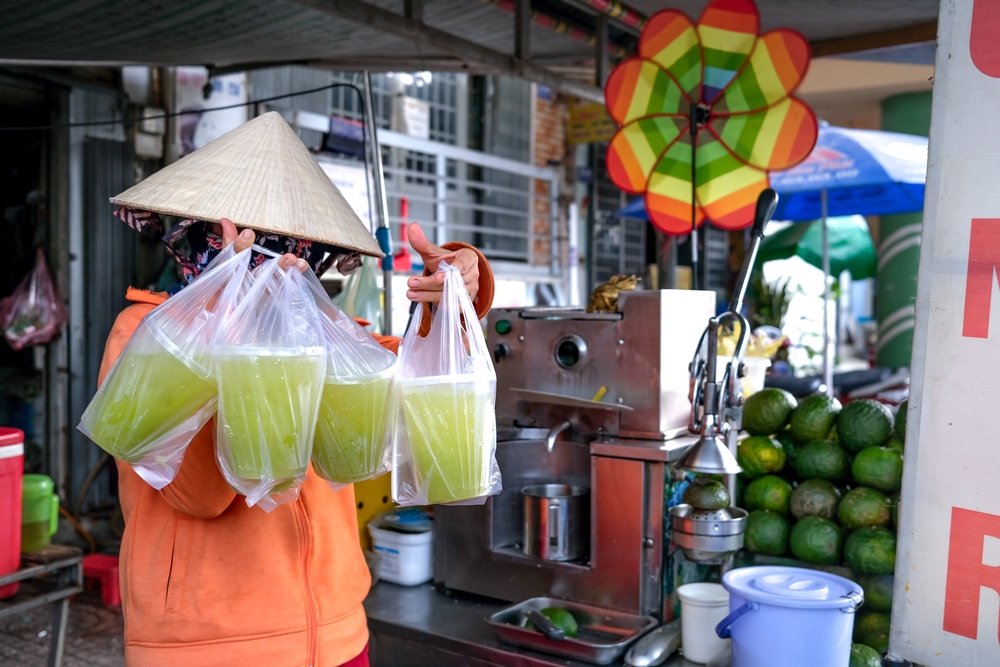Medical Channel Asia presents the weekly Asian medical news bulletin, bringing you essential healthcare news from across the region. This week’s bulletin will cover dengue fever, nursing & cosmetic products,
Thailand
The Public Health Office (PHO) of Thailand reported 33 deaths due to dengue fever, with a total of 27,377 cases documented in the country. Panaporn Harnhiam, an expert from the Khlong Yai District PHO, revealed that 97 of these cases occurred in the district from January 1 until July 11. Many patients live in Khlong Yai and Hadd Lek districts. Additionally, Cambodian residents working in the province are also at risk. The PHO requested cooperation from relevant healthcare departments to control the mosquito population. They also advised residents to prevent stagnant water, a mosquito breeding ground. Authorities in Chiang Mai have also taken measures to combat dengue. Dr Opas Kankawinpong, the Permanent Secretary of the Ministry of Public Health, stated that the fever symptoms in recent dengue cases are different, making early diagnosis difficult. He advised people with a high fever for two days to seek medical treatment.
Philippines
The Philippines is facing a shortage of nurses at home. This is because more and more medical professionals leave the country for higher-paying jobs abroad. To address the crisis, the Philippines’ Department of Health recently announced plans to hire thousands of unlicensed nurses who have failed the board exam but scored between 70% and 74.9%. These individuals will be given temporary licenses and encouraged to study and retake the exam. The Department of Health Secretary Teodoro Herbosa emphasized the country’s need to fill 4,500 vacant positions, attributing the shortage to a “brain drain.”
Nursing groups argue the government has not done enough to raise nurses’ salaries to match the rising cost of living. Due to being among the lowest paid in Southeast Asia, many Filipino nurses are forced to take on side jobs or extra shifts to make ends meet.
Malaysia
Malaysia’s health ministry has announced a ban on the sale of two cosmetic products, Airee Beautycare night cream and BL Ledehh day cream 1, due to harmful ingredients. The Airee cream was found to contain mercury, a substance that is strictly prohibited in cosmetic products. The BL Ledehh cream contains hydroquinone and tretinoin, substances that must be registered with the Drug Control Authority and can only be used under the guidance of health professionals.
Vietnam
Unilever Vietnam and the Ministry of Health (MoH) have signed a five-year strategic cooperation programme, aiming to enhance hygiene and health conditions for 15 million people across Vietnam. The partnership is part of the “For a healthy and sustainable Vietnam” initiative. It will focus on public health education and the promotion of personal hygiene habits. These include handwashing with soap and maintaining clean living environments. Unilever will support MoH in organising workshops, training courses, forums, and conferences, aiming to foster connections among stakeholders.
The programme also plans to develop models for clean hospitals, health stations, and residential areas. Over the past 15 years, Unilever has partnered with the MoH on similar projects, reaching over 22 million people.
Singapore
Integrated Health Information Systems (IHiS), a healthtech agency under Singapore’s Ministry of Health, is partnering with Microsoft to develop an artificial intelligence (AI) tool designed to assist healthcare professionals. The tool, Secure GPT for Healthcare Professionals, aims to offer accurate answers about medical conditions and patient subsidies. By automating some healthcare tasks, the tool enables healthcare workers to focus more on patient care.
The tool leverages Microsoft’s Azure OpenAI Service and accesses a dedicated healthcare knowledge base. It ensures security measures are in place in accordance with healthcare data requirements. It is also designed to generate condensed patient information, tracking changes and usage in medication, thus simplifying doctors’ tasks.
Indonesia
The Indonesian Parliament has passed a Health Bill permitting foreign medical specialists to practice in the country. The new law aims to reduce the number of affluent Indonesians seeking treatment abroad. Foreign doctors must pass a competence evaluation to receive a practice license. However, those with a minimum of five years’ experience or expertise in certain fields are exempt. The law also simplifies procedures for general physicians to become specialists. Additionally, it also introduces regulations on the collection and processing of biomedical and genomic data overseas. The Indonesian Medical Association has voiced opposition to the Bill over fears of job insecurity and potential impact on health service quality.












